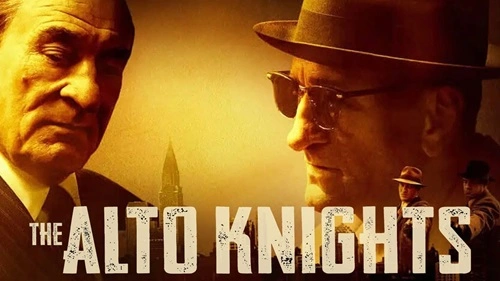At first glance, Amanda the Adventurer looks like a charming, nostalgic children’s game—a mix between Dora the Explorer and classic educational TV shows. But spend just a few minutes playing, and you’ll realize there’s something deeply unsettling beneath its surface. The game quickly turns from lighthearted to dark, filled with hidden messages, disturbing visuals, and creepy undertones. This unsettling blend of childlike innocence and horror has led many players to ask:
Is Amanda the Adventurer based on a true story?
The short answer is: No, Amanda the Adventurer is not based on a true story. It is a fictional indie horror game developed by MANGLEDmaw Games and published by DreadXP. However, the game draws heavily on nostalgic references, internet horror lore, and psychological themes that make it feel eerily believable.
What Is Amanda the Adventurer?

Amanda the Adventurer is a first-person horror puzzle game released in full in 2023. You play as Riley, a young adult who discovers a box of mysterious VHS tapes in their attic. When played, the tapes reveal episodes of a long-lost children’s show featuring Amanda and her timid sidekick, Wooly the Sheep. At first, it seems like a standard educational program—until Amanda starts acting strangely and breaking the fourth wall.
As the episodes progress, Amanda becomes increasingly self-aware, aggressive, and sinister. Players must solve puzzles and uncover secrets hidden in the tapes, all while dealing with the growing horror that something—or someone—is trapped inside the show.
Realistic Nostalgia Meets Fictional Horror
One of the reasons Amanda the Adventurer feels so real is its authentic recreation of early 2000s educational programming. The animation style, voice acting, and themes mimic real-life shows like Blue’s Clues, Barney, and Dora the Explorer. This nostalgic familiarity makes the horror elements all the more jarring, tapping into the “creepy lost media” genre of internet folklore.
The concept is similar to popular creepypasta stories like “Candle Cove” or “Squidward’s Suicide,” which use fictional media as a vessel for psychological horror. While Amanda the Adventurer isn’t directly based on any of those stories, it’s clearly inspired by that internet tradition of making the familiar terrifying.
Is There Any Real-Life Connection?
There is no known real-life children’s show or missing persons case behind Amanda the Adventurer. The developers have not claimed that the game is based on any true events. However, it cleverly uses themes of trauma, control, and repressed memory to create an emotional depth that makes it feel more grounded.
Some fans speculate that Amanda represents a child trying to break free from an abusive situation, while others believe the game is a metaphor for media manipulation. These interpretations are what elevate the experience—Amanda may not be real, but the emotions and fears it provokes certainly are.
Final Verdict
So, is Amanda the Adventurer based on a true story? No, it’s a fictional creation designed to play on nostalgia and psychological fear. But by blending childlike innocence with creeping horror, the game creates a uniquely disturbing experience that feels real. That’s what makes it so memorable—and so chilling.



